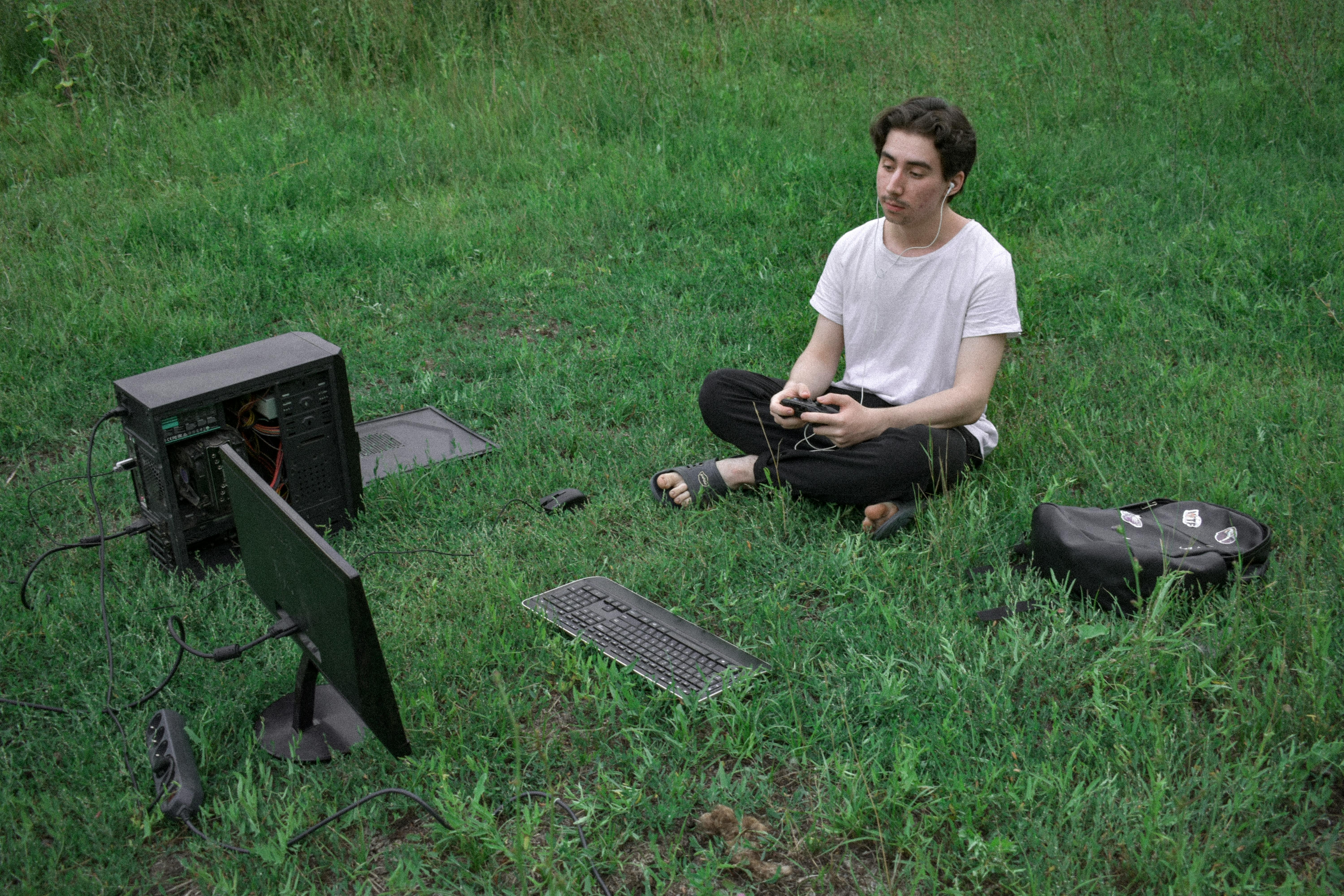pour 51
A self-actualized soul has no likes or dislikes, accepts everything as it comes, content from within, with no desire to go, reach, or achieve. Such an individual has an even view, without any attraction or repulsion towards anyone or any situation.
A realized individual is not attracted to anything outside of himself, has no expectations, realizes that everything is temporary (anityam). It does not mean that one is depressed, but satisfied, content, even-tempered, and happiness, like a lamp that shines brightly inside a pot and no one can see from outside, is known as Jivan mukti. For the realized, the world does not appear, that is, one sees oneself in everything and everything in oneself.
pour 52
As specified above, the realized soul is not affected by any situation such as space, often specified in upanishads, which cannot be polluted, cut, burned, wet, or dried.
It is the realization that only the substratum is real and that all forms and names are but appearances with no definite existence of their own. When the butter is extracted, it is kept apart, it does not re-fuse with the buttermilk, so also the realized person is separate, neither attached nor affected by anything, he lives as a witness until the prarabdha karma ends.
pour 53
Prarabhda karma is the cause of the present body to experience pleasure and pain. The body is a place, vogue sthanam.
Upon Self-realization, the karmas are erased and the jivan dissolves into that One Supreme Presence, similar to rivers merging with the ocean, the small flame merging with fire, the space within the pot merging with the universal space, losing its name and form. .
Sanjita, the accumulated consequences of past karmas, and Agami, the seeds for the next birth, are both erased in the fire of Self-Knowledge, thus there is no rebirth for the realized jivan.
pour 54
Since that Supreme One cannot be pointed out, the next three verses are descriptive language with adjectives. These are also called ‘Tatastha Lakshanam’ which means ‘with reference to’!
Self-knowledge is the deepest knowledge beyond which there is nothing more to gain, it is absolute bliss, beyond which there is no other happiness, absolute benefit, beyond which there is nothing to achieve.
That which is Advaita (non-dual), Nishkria (inactive), Nirvikaram (without any change), that is Brahman, absolute Bliss, One without a second!
pour 55
This is very similar to the previous verse. The Supreme presence is that One, realizing which, there is nothing more to see (not available to the physical senses), nor to gain any Knowledge resulting in any rebirth for the individual, jivan.
The benefit of realizing that One Supreme Brahman is the removal of fear. Existence without fear is liberation from all the shackles of life, it is satisfaction. Realizing that it is just a rope and not a coiled snake, the fear disappears and therefore the words and actions related to that fear also disappear, so also this self-knowledge eliminates all fears in the universe.
That Supreme is the embodiment of Happiness, parama sukam, incomparable Bliss.
pour 56
That Supreme, omnipresent Presence is emphasized here to be here, there, North, South, East, West, above and below. It is complete, full, His Sat-Chit-Ananda, Existence-Consciousness-Bliss.
That Supreme presence is compared to space in this verse, as both are limitless, unmodified, ever present, one of a kind, but the clear difference is that the Supreme presence is Knowledge, Chit, but not space! Space does not know that it exists, it does not have that knowledge.
pour 57
How can we know that Supreme presence? Adi Sankara in this verse says only through Vedantic scriptures. The scriptures point out, indicate, neti, neti, meaning the process of negation, called ‘Atat ya vritti lakshanam’ in Sanskrit.
By denying the form, the name and any modification, the physical body, Annamayya kosa, is denied. Then, saying that it is inactive, the breath cloak is denied or Pranamaya kosa is denied, followed by the denial of the mind, the stream of thoughts, Manonmaya kosa, therefore the subtle body is denied, leading to the negation of the causal body, that is, without any impression. .
That One presence without a second is limitless, One Absolute Joy!
pour 58
That one supreme presence that is absolute and all-pervading only IS and is in all beings, everything that seems to exist. The joy, the pleasures that all these beings, from the Deities to the minute species, all combined, are but a glimpse of that One Supreme Bliss.
pour 59
That One presence, called Atman, is in all appearances. We love another person or being symbolizes the recognition of that presence in that incarnation. Without that presence everything is inert.
All names and forms dissolve in that One. One appears as many! This is the essence of verse 59.
pour 60
Here again, that Supreme presence, Atman, is described as omnipresent and cannot be specifically described, as it is neither short nor long, fat nor thin, without birth and death, therefore everything in between, without personalities, name or form.
Everything is understood, learned, captured only by that unique presence, although it cannot be seen, heard, touched, felt, smelled or tasted…
As in verse 12, this body, this world is made of five elements that do not have the ability to know that they exist, but are all experienced by that One alone. That One is the Subject and the subject can never be the object. Even to know him, understand him, realize him, the grace of him is needed …




